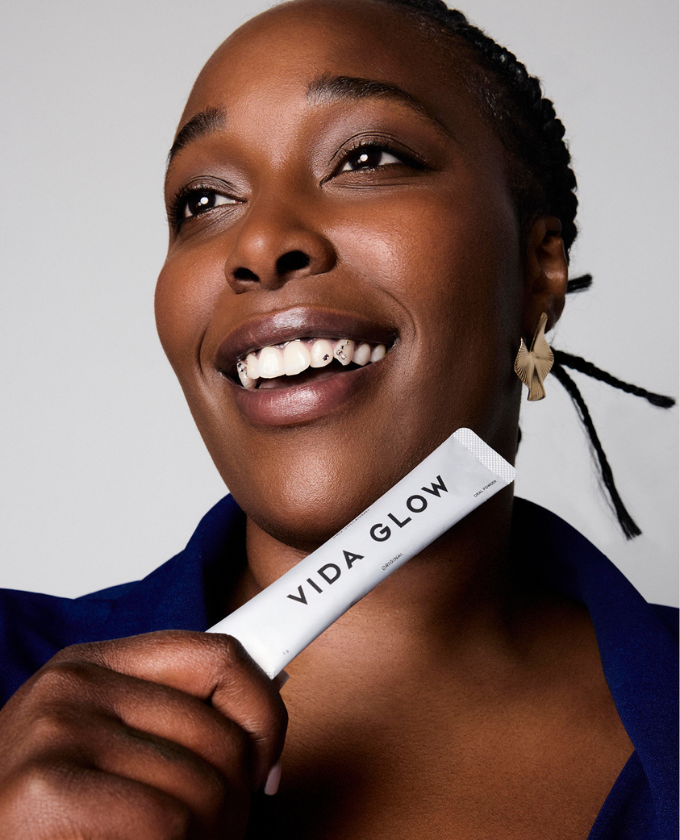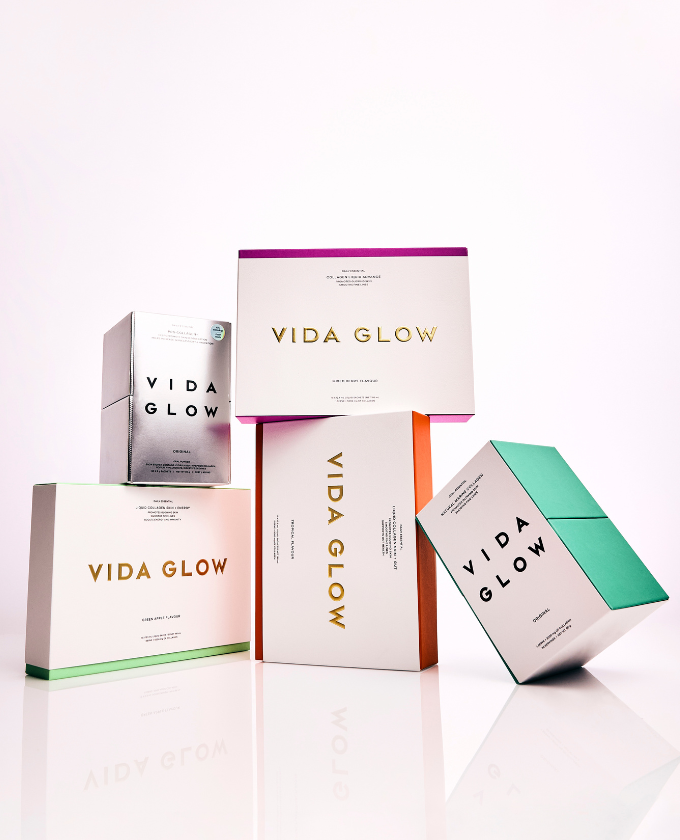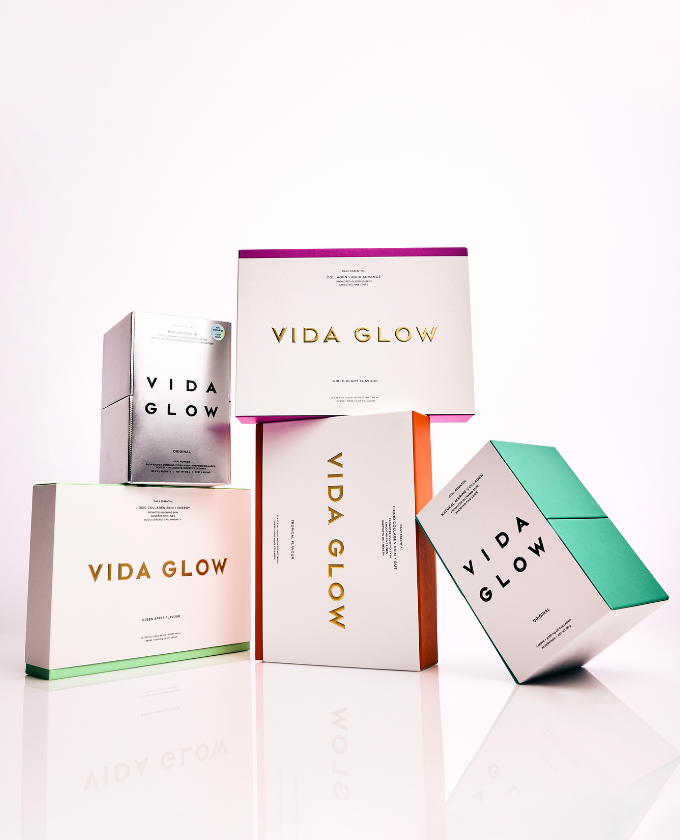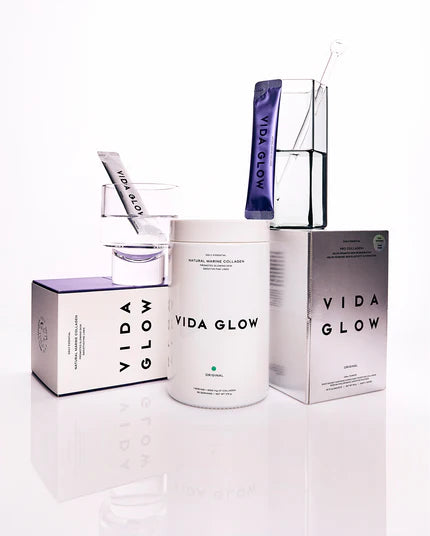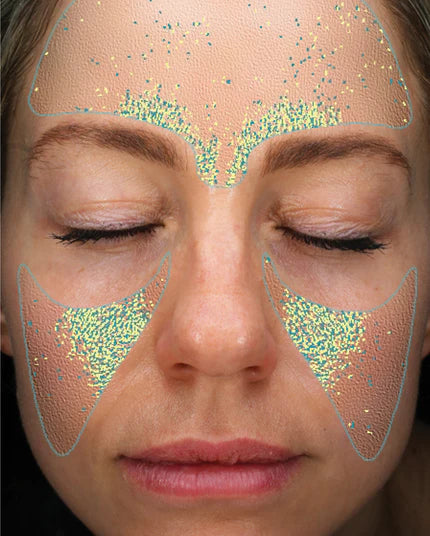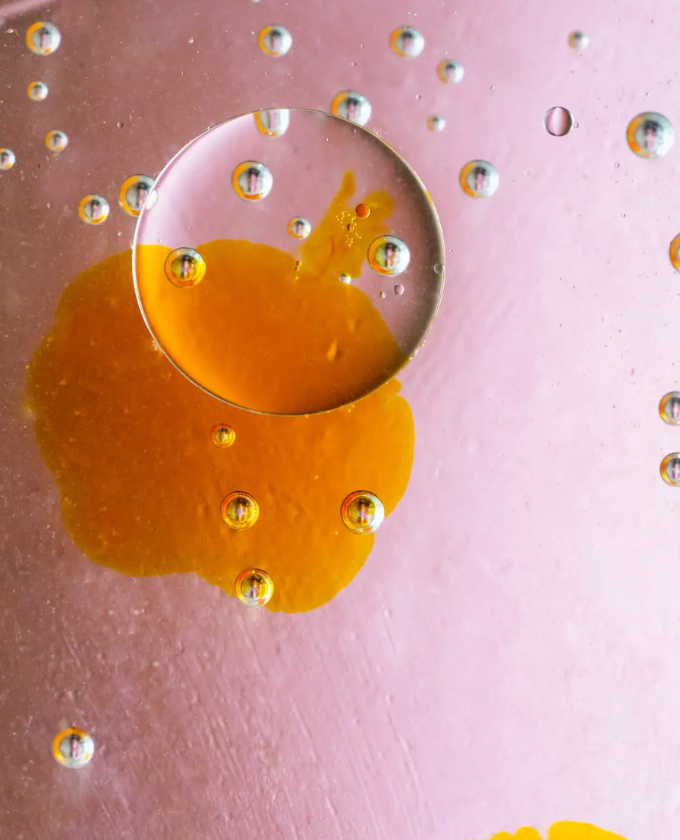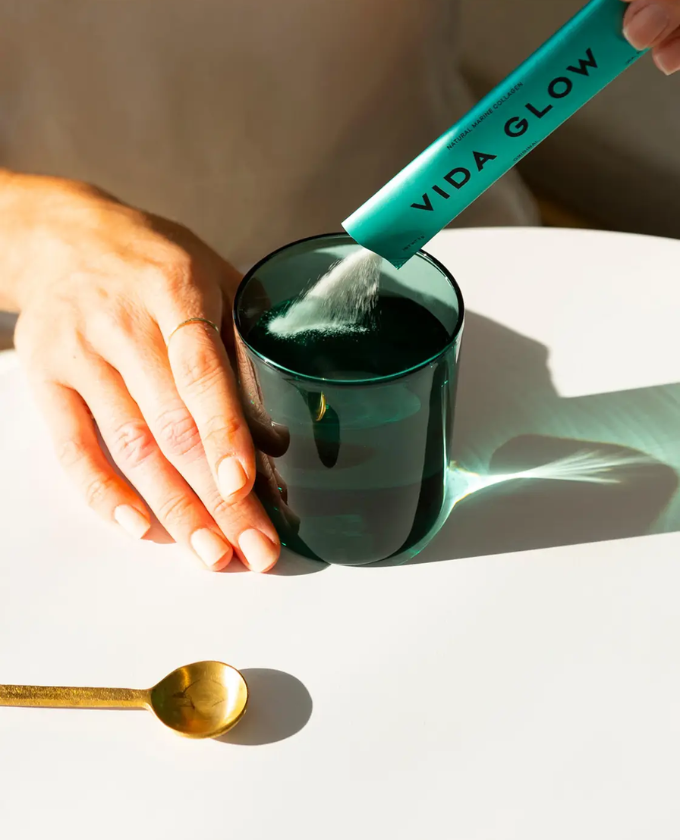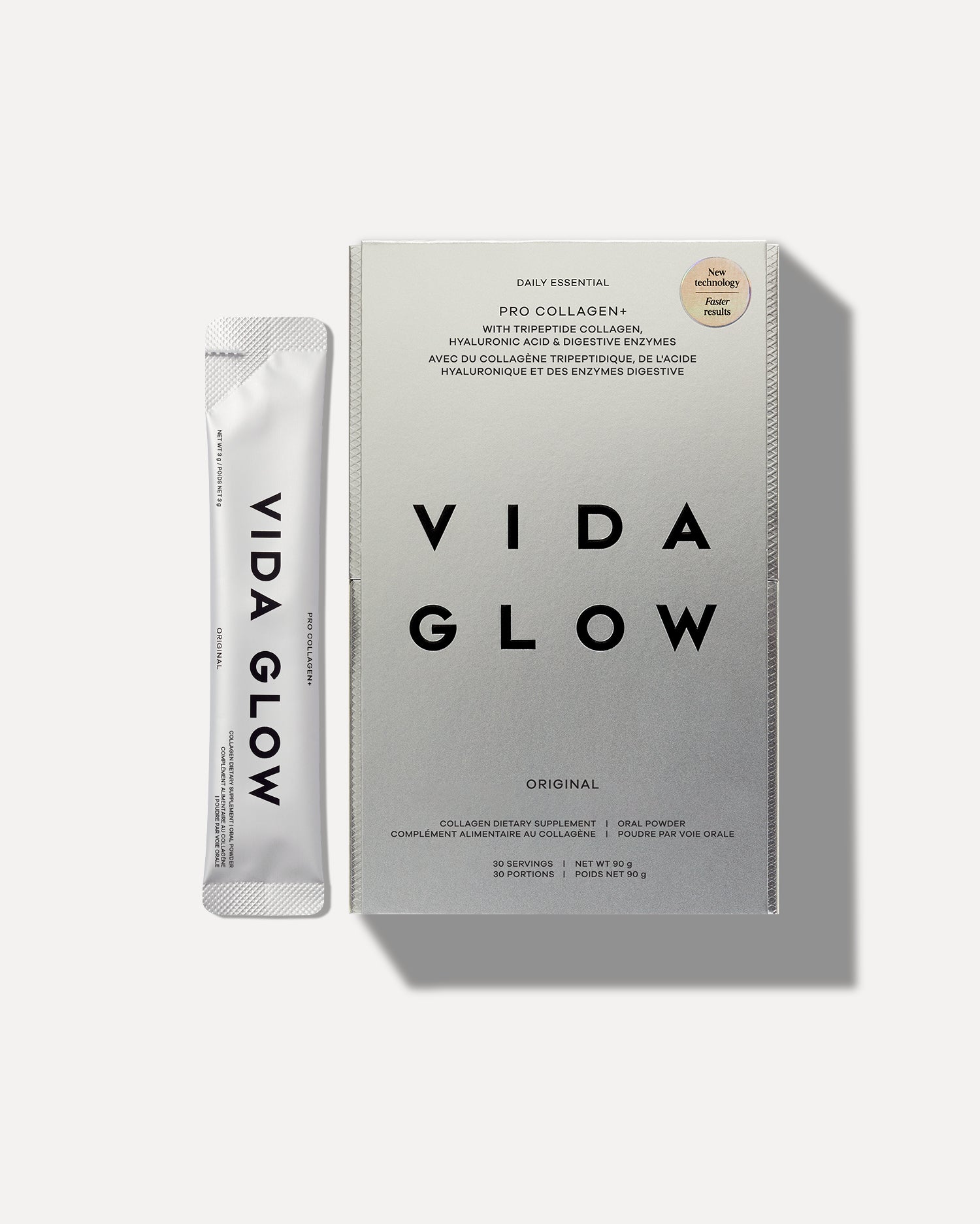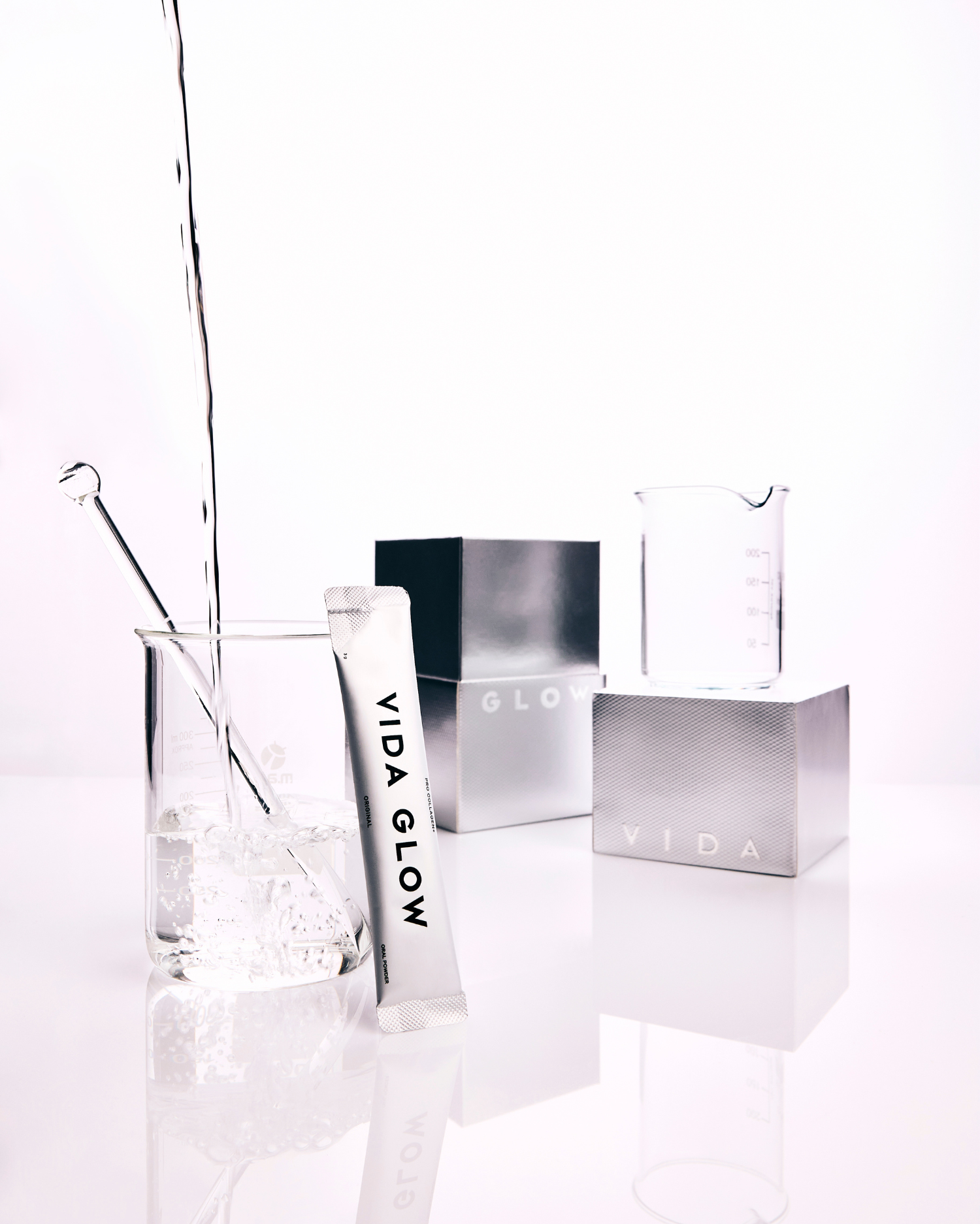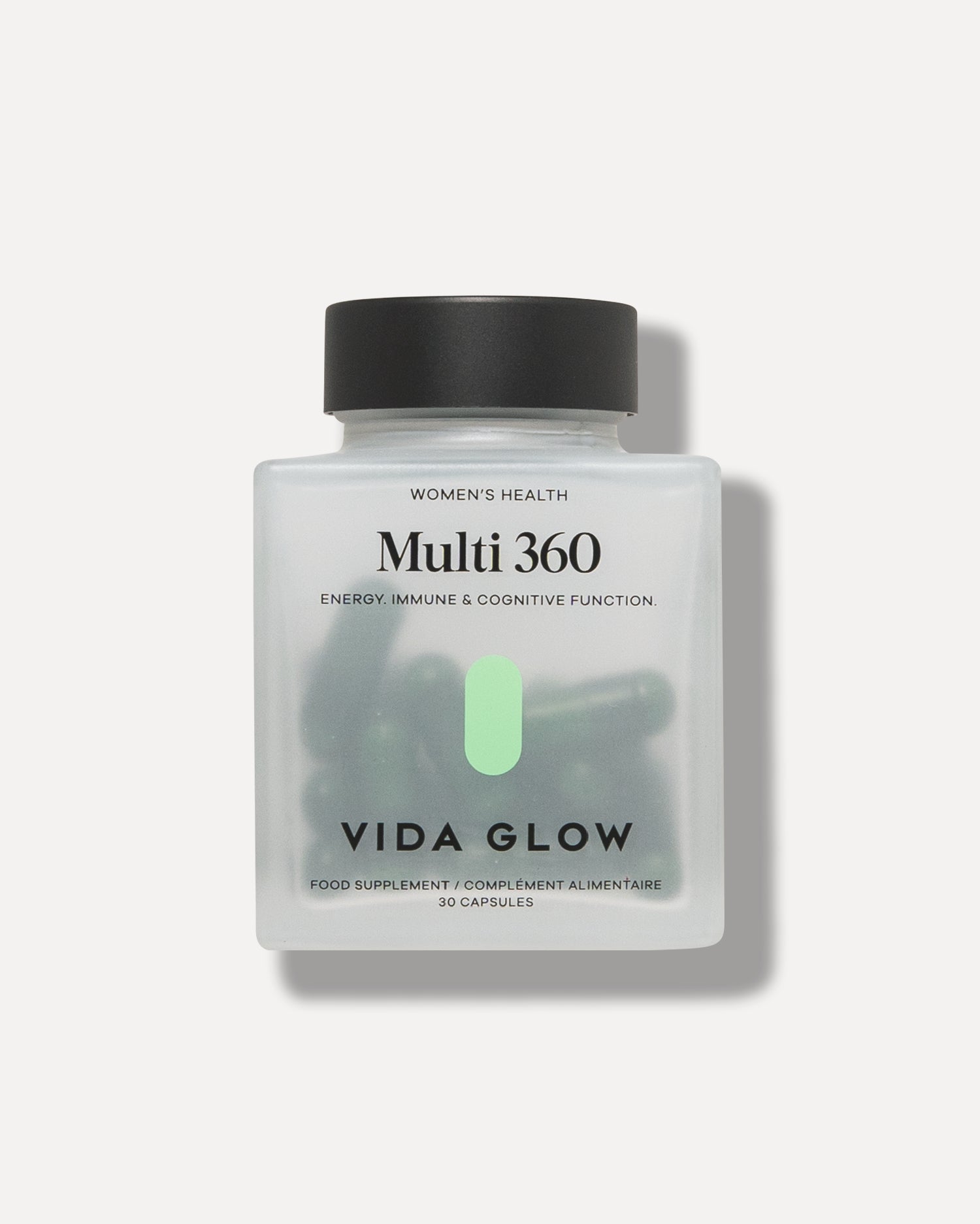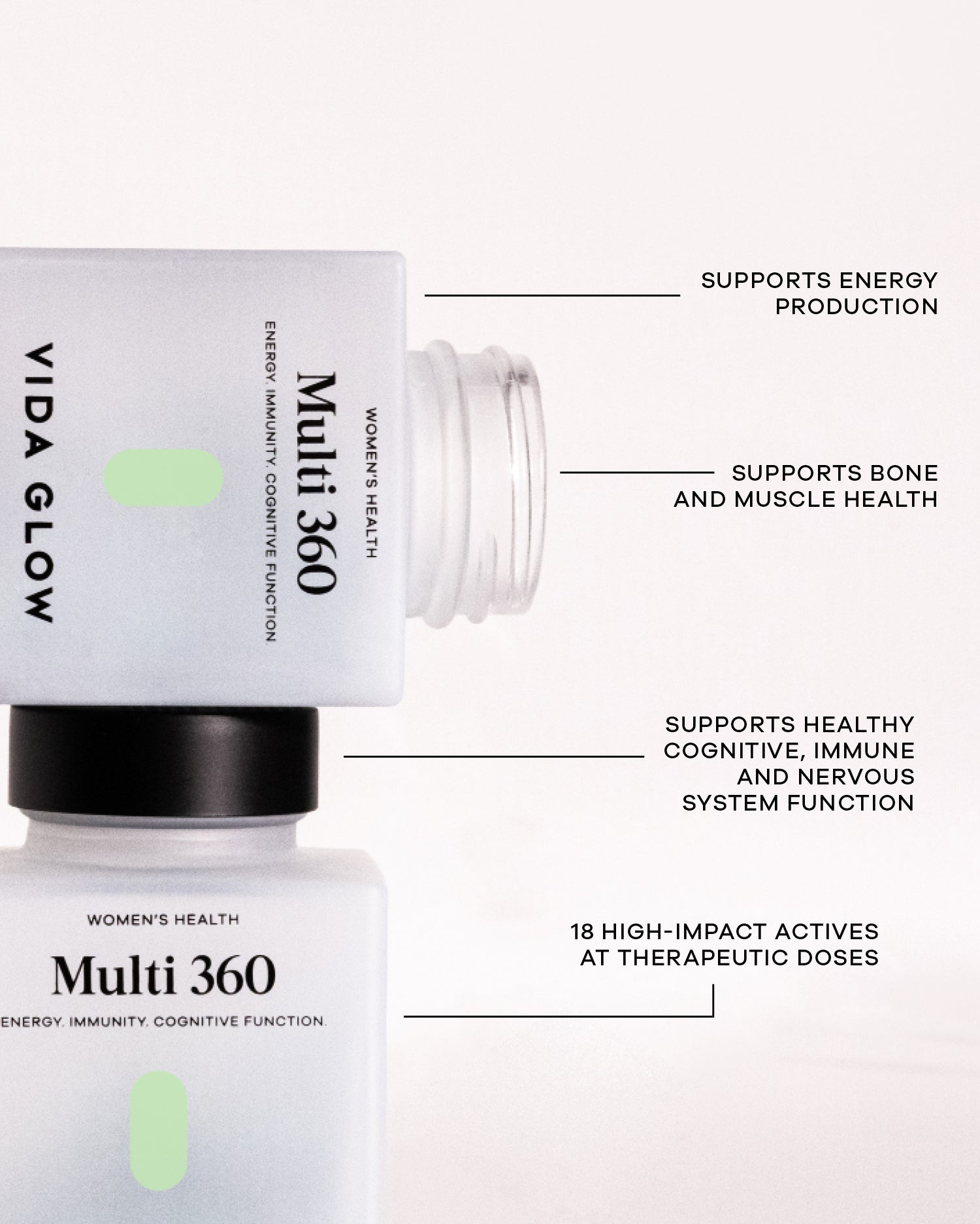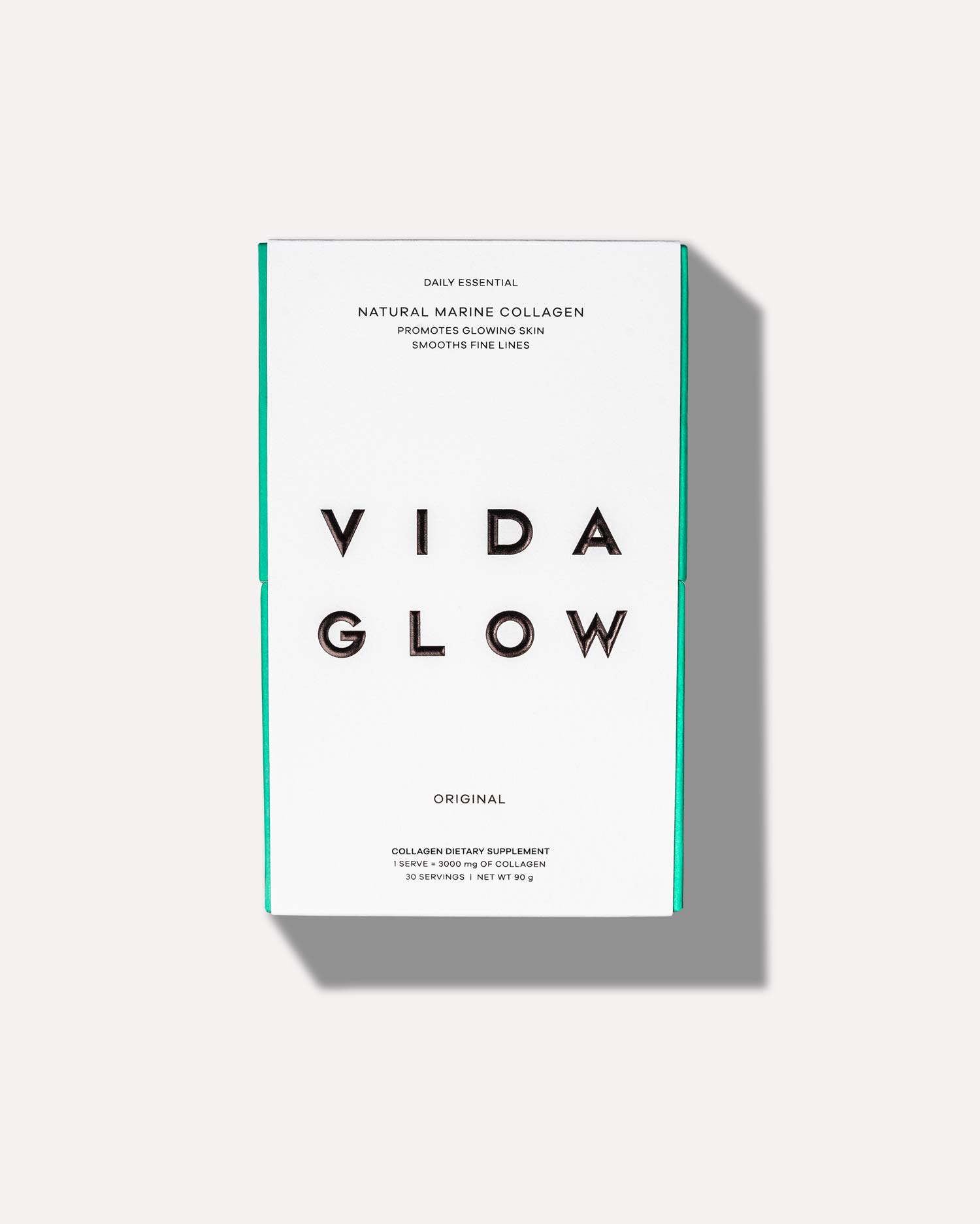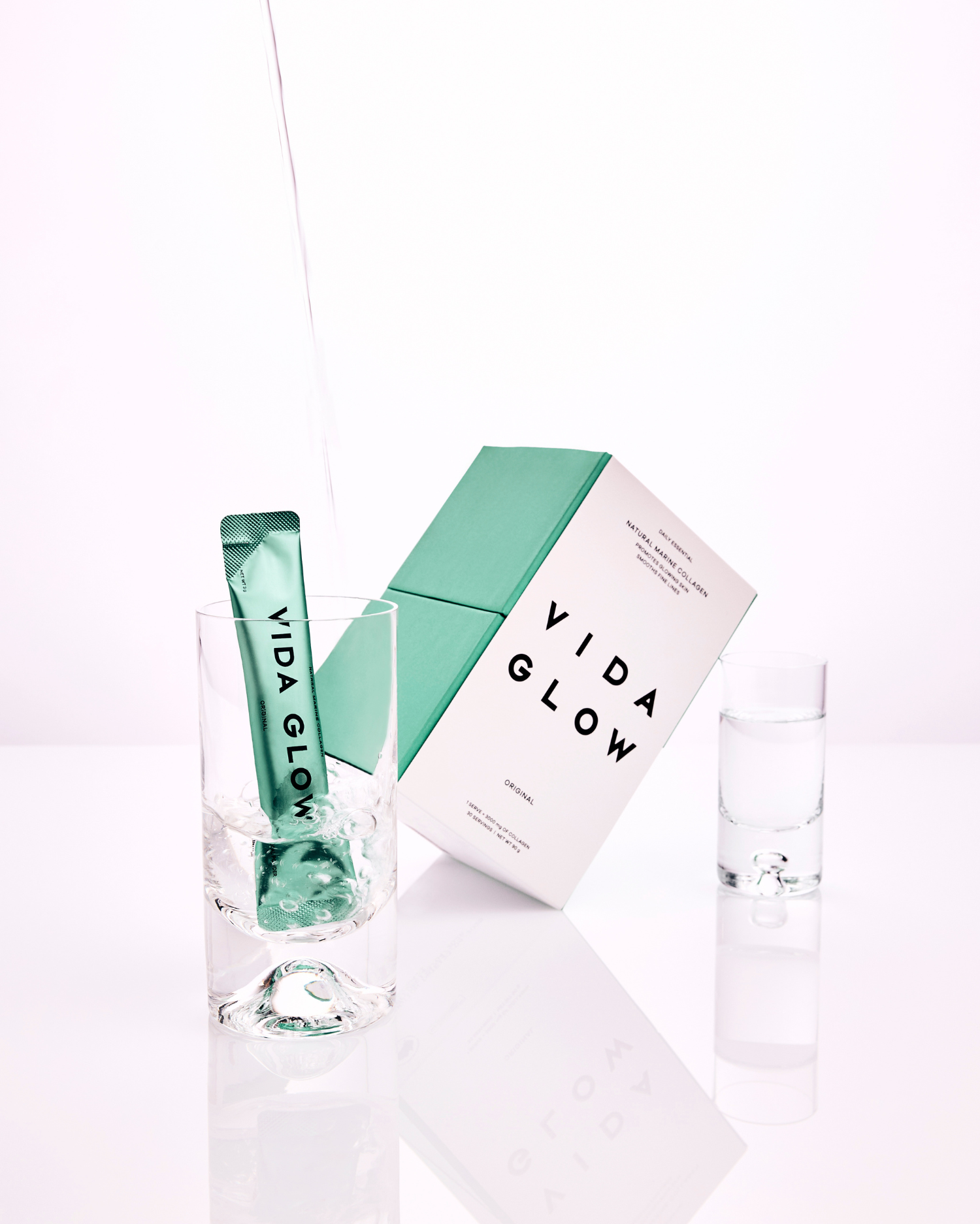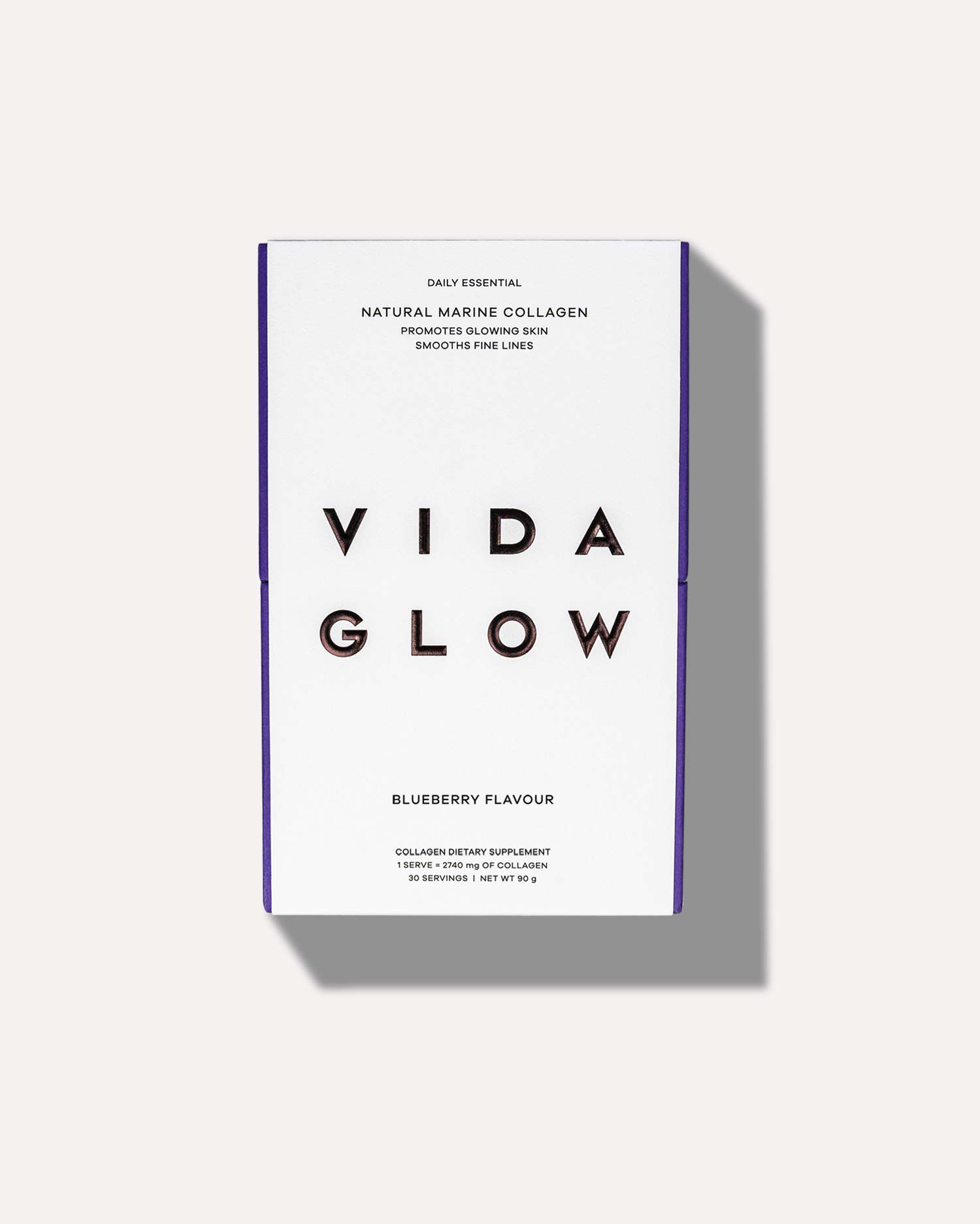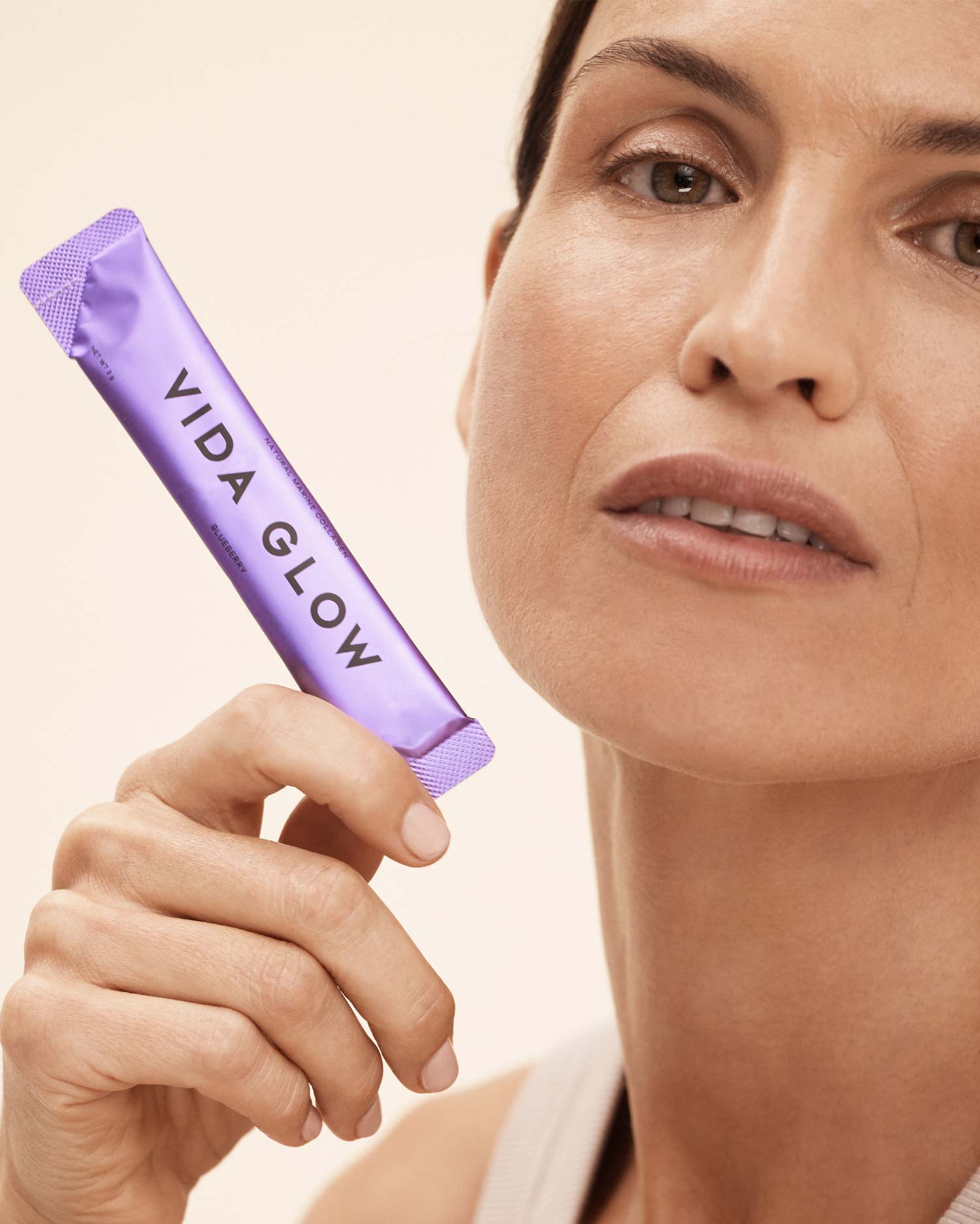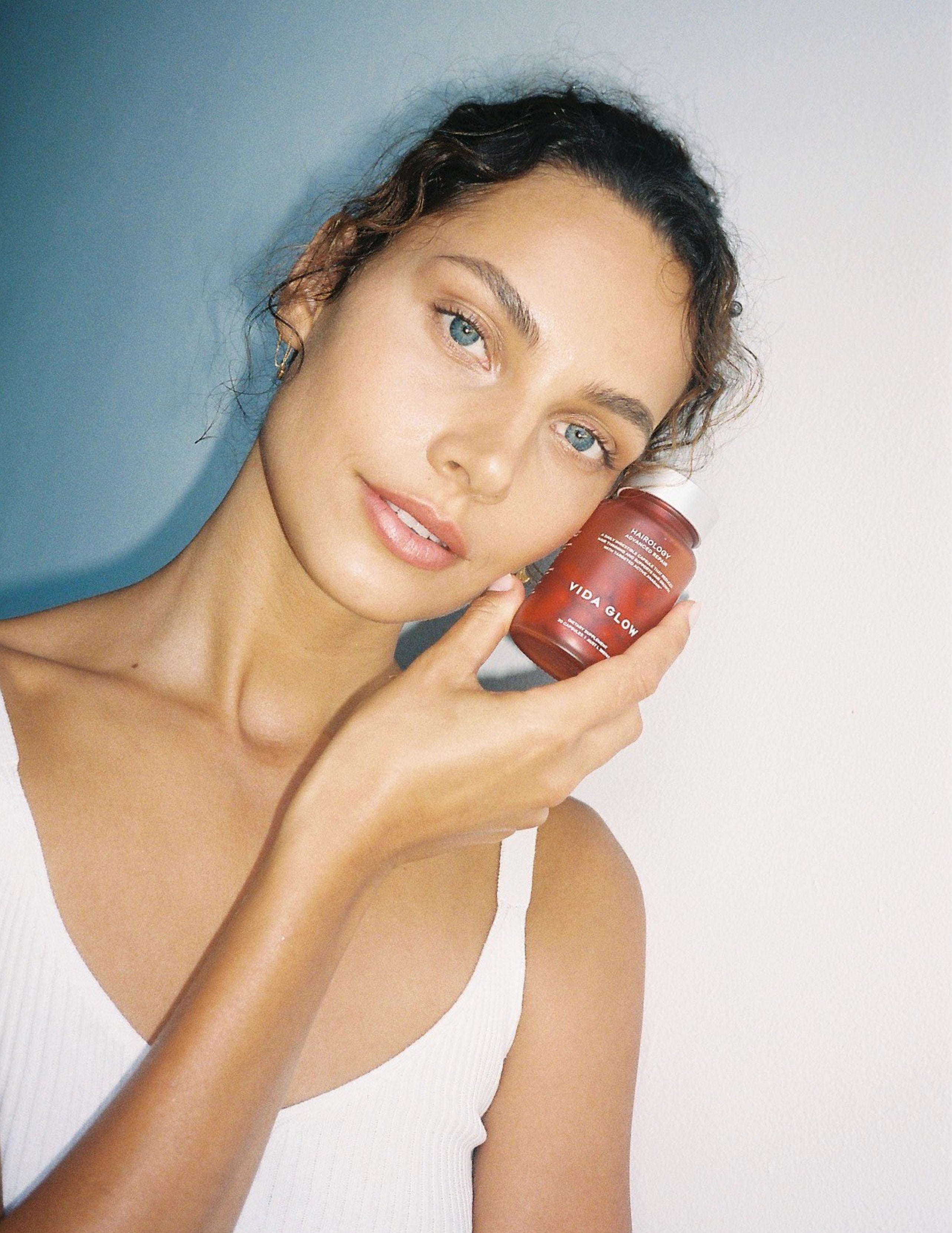Shipping
All orders are shipped from our EU based warehouse. Please allow 48 hours for your order to be processed. During Sale and holiday periods please allow additional time for your order to be processed. Please be aware that online orders are not processed over the weekends or on public holidays. Full tracking details will be sent to customers when shipped.
France
| Delivery | Time Frame | Cost |
| Standard over €38 |
|
FREE |
| Standard under €38 |
|
€8.00 |
| Standard (Signature Required) | 2 - 7 Business Days | €9.50 |
| Express Shipping | Next Day Delivery | €15.00 |
Germany
|
|
Time Frame | Cost |
| Standard over €38 |
|
FREE |
| Standard under €38 |
|
€8.00 |
| Express Shipping | 1-2 Business Days | €20.00 |
Belgium, Spain, Italy, Luxembourg, Switzerland, Netherlands
| Delivery | Time Frame | Cost |
| Standard over €38 |
|
FREE |
| Standard under €38 |
|
|
| Express Shipping | Next Day Delivery | €20.00 |
Rest Of Europe
| Delivery | Time Frame | Cost |
| Standard over €38 |
|
FREE |
| Standard under €38 |
|
€16.00 |
Isle Of Man, Liechtenstein
| Delivery | Time Frame | Cost |
| Standard over €38 |
|
FREE |
| Standard under €38 |
|
€20.00 |
European Shipping Locations:
Albania, Andorra, Armenia, Austria, Belarus, Belgium, Bosnia And Herzegovina, Bulgaria, Croatia, Cyprus, Czech Republic, Denmark, Estonia, Faroe Islands, Finland, France, Georgia, Germany, Gibraltar, Greece, Greenland, Guadeloupe, Guernsey, Hungary, Iceland, Ireland, Isle Of Man, Italy, Jersey, Kosovo, Latvia, Liechtenstein, Lithuania, Luxembourg, North Macedonia, Malta, Moldova, Republic of, Monaco, Montenegro, Netherlands, Norway, Poland, Portugal, Romania, Serbia, Slovakia, Slovenia, Spain, Sweden, Switzerland, Ukraine, United Kingdom, Aland Islands, Bouvet Island, Vatican City State, San Marino
Shop Local
Local international sites are also available, where we ship locally from our US, UK and AU dispatch centres to ensure fast and more reliable shipping:
All customers are responsible for any import customs, duty or taxes. Given our warehouse locations, customers in the European Union, US, UK & Australia need not worry about customs as we ship using domestic mail to these locations.
Should you have any questions regarding your order we encourage you to contact hello@vidaglow.com.
Returns
Vida Glow is designed for real, active people. We specialise in active beauty solutions and active customer experience solutions.
Busy living doesn’t have time for complicated administration. Our Return and Refund Policy has been designed to be as effortless and straightforward as your Vida Glow routine.
Due to the nature of our products, we do not offer a refund for a change of mind. We have a team of experts dedicated to helping you create an individualised routine for real results. We encourage you to consult with our experts in advance of completing your purchase.
If you receive your product and it is damaged, you have 21 days to contact us and return your product for a replacement, store credit or full refund. All return items will be subject to review by our quality control team upon receipt.
Unfortunately, we are unable to facilitate returns for Vida Glow products purchased outside of vidaglow.com. However, we are happy to support you in liaising with any retailer to facilitate your needs. Reach out to our expert team for help.
To request a return, email hello@vidaglow.com.
*Any shipping costs incurred will be the responsibility of the customer for change of mind.

